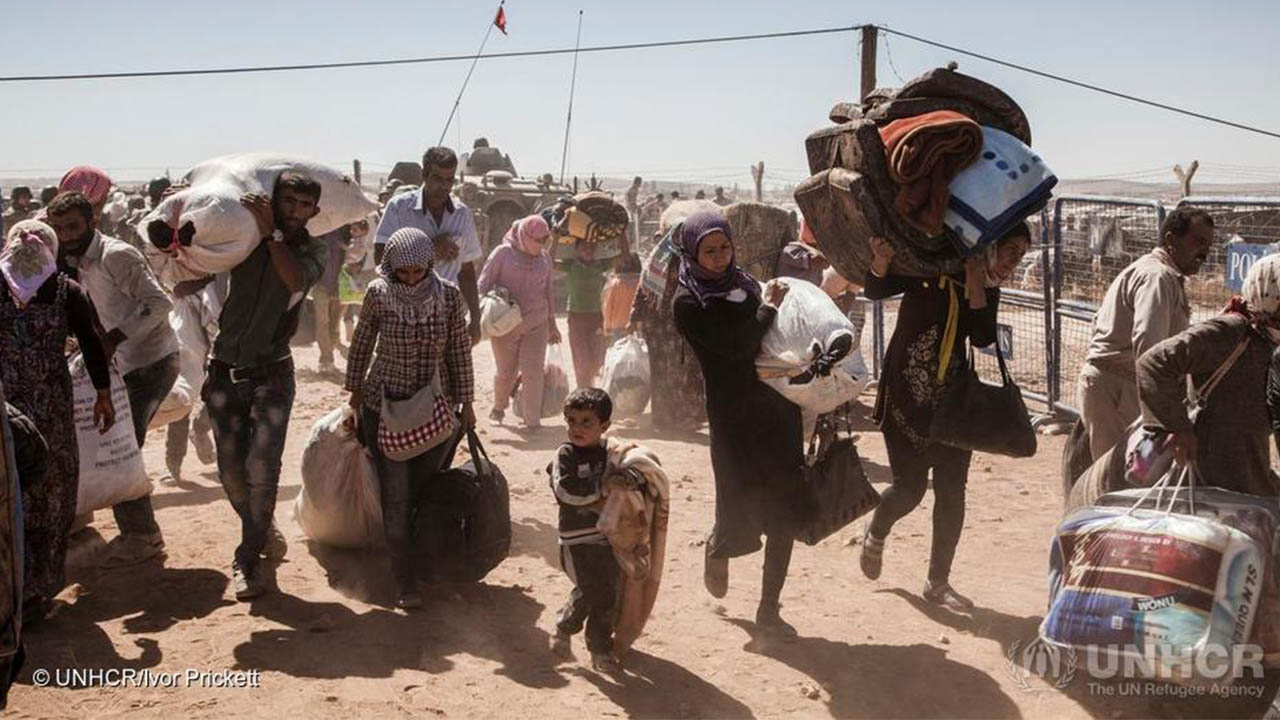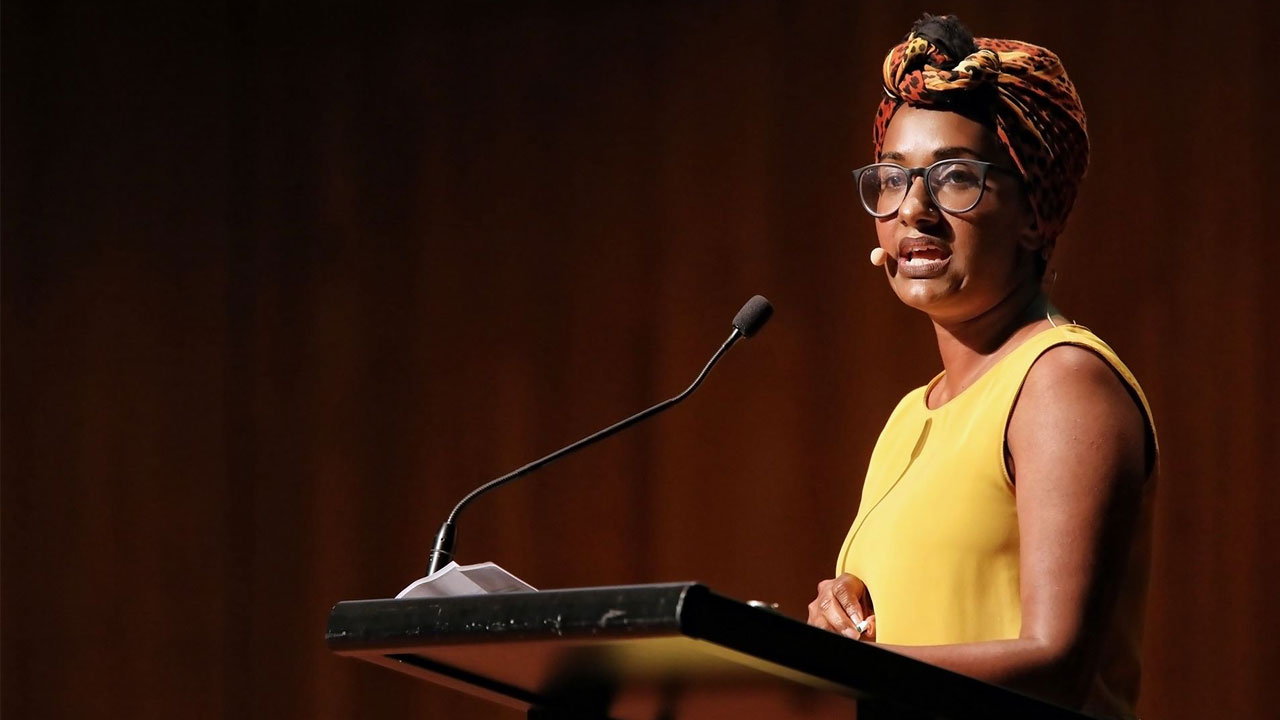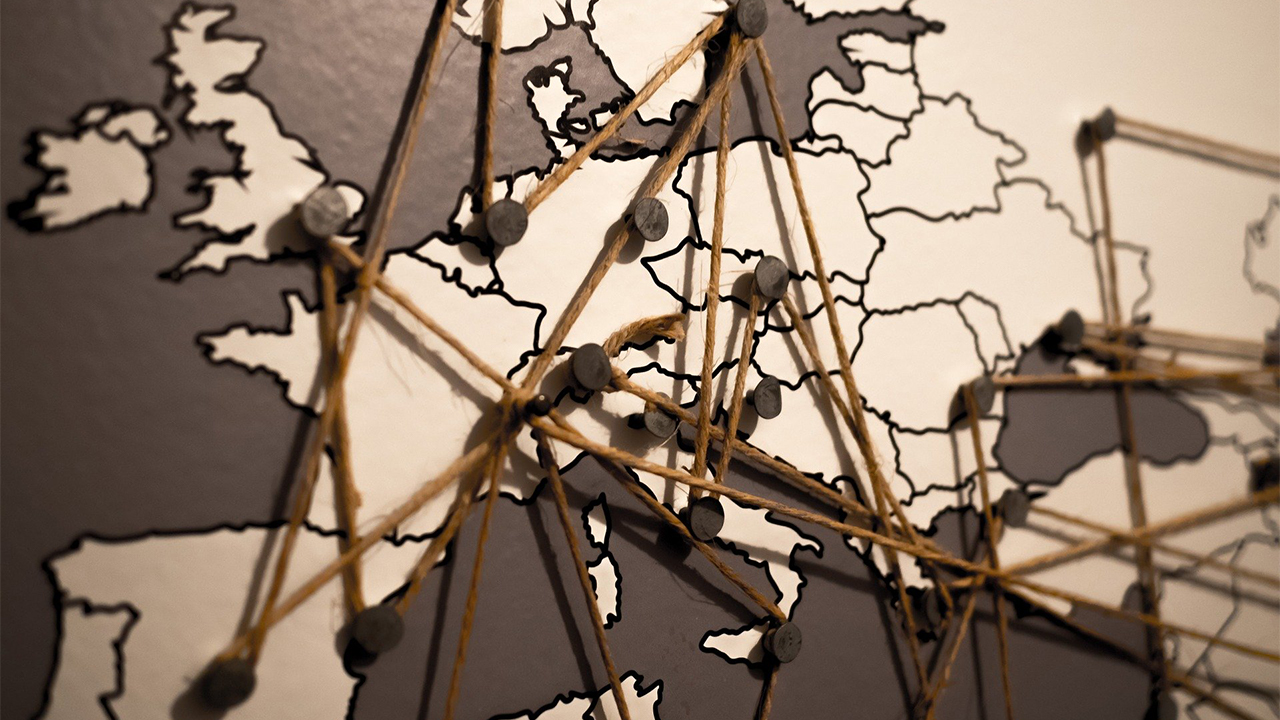Frank Neuner: Beyond survival

Narrative Exposure Therapy is effective because it does not require a sophisticated cognitive treatment approach. It is brief and contains an element of testifying, which meets the needs of many survivors.
It is in our very own interest to contribute to the adaptation of refugees in our country. We need functioning people, we need people who can contribute to society.
The international response to the ongoing migrant and refugee crisis ignited by war in the Middle East has largely focused on providing victims with basic needs such as food, water and shelter. But what can we do to address the mental health of these hundreds of thousands of people who have risked everything to escape war-ravaged countries like Afghanistan, Iraq and Syria?
In this talk, Professor Frank Neuner, a clinical psychologist from the University of Bielefeld in Germany, discusses how storytelling can effectively treat trauma in refugees.
Neuner co-developed Narrative Exposure Treatment (NET) with colleagues from the University of Konstanz in Germany more than 15 years ago. NET is a short-term mental health intervention for people who have experienced multiple and complex traumas such as rape, war and torture. It has been used to treat people with post-traumatic stress disorder (PTSD) in refugee camps in Africa, Asia and the Middle East, as well as in industrialised countries including England, Norway and the United States.
The procedure combines humanitarian support with a mental health approach. Unlike therapies that focus on a single event such as a car crash, NET involves the reorganisation of memories of traumatic events into a coherent chronological narrative. In more than a dozen controlled trials across cultures, NET has reduced symptoms of PTSD such as nightmares and flashbacks, that are common among refugees.
In a limited number of sessions, a therapist and the client construct a written autobiography of the participant, including a detailed account of the traumatic events. The trauma memory is contextualized in a temporal and spatial representation that in turn reduces traumatic stress symptoms, enables functioning and helps refugees adjust to their new surroundings.
Currently, Professor Neuner is working with teams to study the effectiveness of NET for Middle East refugees living in Germany, as well as Syrian and Iraqi refugees living in Iraq.
This discussion was recorded live for the UNSW Sydney Grand Challenges program in association with the UNSW Refugee Trauma and Recovery Program.



